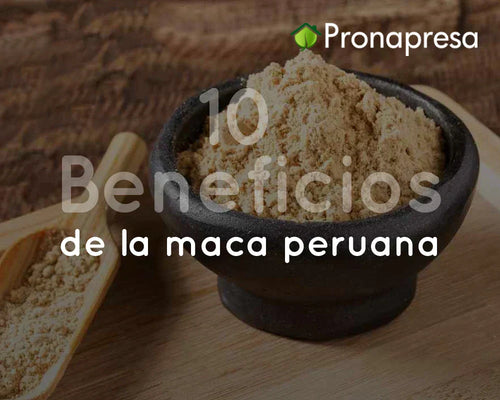
Iron is an essential mineral for our bodies, responsible for important functions such as hemoglobin production and oxygen transport in the blood. However, iron deficiency can cause significant health problems. Many people wonder if they should take iron supplements, but the answer depends on various factors such as diet, lifestyle, and preexisting health conditions. In this article, we'll explore when iron supplements are necessary, who is most at risk for deficiency, and how to choose the best supplement for you.
When is it necessary to take iron supplements?
Iron supplementation is essential in certain cases where diet is insufficient to meet the body's needs. Below, we list the situations in which these supplements may be necessary.
1. Diagnosed iron deficiency anemia
The main reason for taking iron supplements is iron deficiency anemia, a condition characterized by low levels of iron in the body. Symptoms include:
- Extreme fatigue
- Pale skin
- Weakness
- Dizziness or lightheadedness
- Difficulty concentrating If you experience these signs, it is advisable to have a blood test to confirm if you have iron deficiency and follow the appropriate treatment under medical supervision.
2. Pregnancy and breastfeeding
During pregnancy, the demand for iron increases significantly to support the baby's growth and additional blood production. Many pregnant women need iron supplements, especially in the second and third trimesters, to prevent anemia and possible complications such as premature birth or low birth weight. Similarly, during breastfeeding, although the need for iron decreases, some women may require supplementation if they are deficient.
3. Excessive blood loss
Women with heavy periods can lose a considerable amount of iron each month, which can lead to a deficiency if not compensated for through diet or supplementation. Also, people who have undergone surgery, internal bleeding, or frequent blood donations may need to replenish their iron levels through supplements.
4. Vegetarian or vegan diets
Iron from plant sources (non-heme iron) is absorbed less efficiently than iron from animal sources (heme iron). Therefore, people following a vegetarian or vegan diet may need to increase their intake of iron-rich foods and, in some cases, supplements to prevent deficiency.
5. Gastrointestinal disorders and malabsorption
Diseases such as celiac disease, Crohn's disease, or bariatric surgery can affect iron absorption in the intestine, making supplements necessary to maintain adequate levels in the body.
How to choose the best iron supplement?
If your doctor recommends iron supplements, it's important to choose the right one for your needs. There are different forms of iron on the market, and some are better absorbed than others.
Types of iron supplements
-
Ferrous sulfate : This is the most common and accessible form, but can cause side effects such as constipation or stomach upset.
-
Ferrous gluconate : It has better digestive tolerance, although its iron concentration is lower.
-
Ferrous fumarate : It has a high amount of elemental iron and good absorption.
-
Liposomal iron : It is absorbed more efficiently and usually has fewer side effects.
Tips to improve iron absorption
- Take supplements on an empty stomach or with foods rich in vitamin C (oranges, strawberries, peppers) to promote absorption.
- Avoid taking iron with dairy products, tea, coffee, or calcium supplements, as these may inhibit its absorption.
- Follow the dosage recommended by your doctor to avoid an overdose, which could lead to toxicity.
Benefits of iron supplements when necessary
Taking iron supplements can be an effective solution for combating fatigue, improving physical and mental performance, and preventing serious complications resulting from iron deficiency. However, not everyone needs them. Before starting any supplementation, it is advisable to have a blood test and consult a healthcare professional.
If you're experiencing symptoms such as constant fatigue, weakness, or difficulty concentrating, it may be time to evaluate your iron level and take the necessary steps to maintain optimal health. A good diet and, when necessary, appropriate supplementation can make a difference in your daily well-being.























































